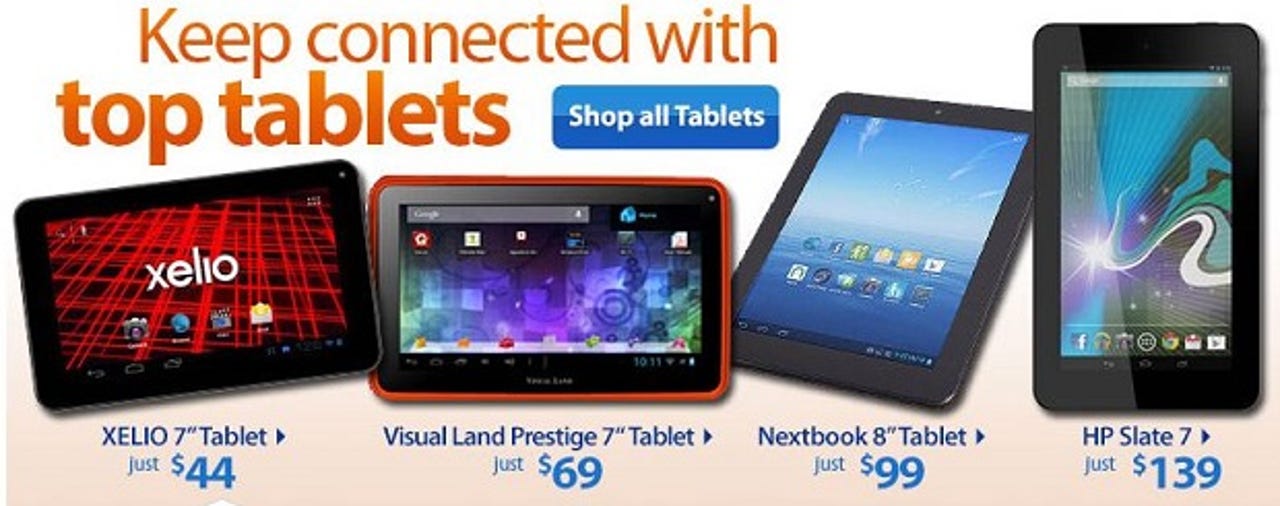Google exec suggests hardware partners need to improve lackluster Android tablets


Google's release of the new Nexus 7 again highlights an area of concern for the overall Android ecosystem: That tablet's hardware seems to be well ahead of many of its competitors.
While you might think Google would be pleased with the competitive advantage, that doesn't appear to be the case, according to recent comments made by Google VP of Android product management Hugo Barra. Barra told The Verge that he is underwhelmed by the tablets that many other manufacturers have released using Google's Android OS: "I really do think that the Android ecosystem hasn't yet put its best foot forward, when it comes to tablets."
Of course, part of that comes with the territory, given that the operating system is free for any device maker to use with its hardware. That's led to sub-$100 (even sub-$50) bargain tablets from no-name vendors that can hype that they run the Jelly Bean flavor of Android, but rely on cheap processors, low-res screens, and other minimal specs to do it. One consequence is that tablet-optimized apps for Android are less prevalent than Barra (and users) would like.
The banner above shows a selection of such models available from Walmart.com, but even the Slate 7 offered from major manufacturer HP has been marred by substandard hardware used to keep its price down. In contrast, the latest Nexus 7 comes with a new quad-core Snapdragon processor, 2GB of memory (versus the Slate 7's 1GB), 16GB or 32GB of storage (the Slate 7 comes with 8GB), and a 1,920x1,200 resolution (compared to the Slate 7's 1,024x600). Yes, the 16GB Nexus 7 costs $90 more than the Slate 7, but delivers a much better user experience and is still $100 less than the Apple iPad Mini.
Of course, there are exceptions like Samsung's Galaxy tablets and the effort Amazon has made to spruce up its Kindle Fire tablets (even if it tries to disguise their Android underpinnings). But Apple, and even Microsoft for its Windows 8 tablets, retain more quality control over the hardware that powers their operating systems, which has forced Google to lead by example (and resort to using a bully pulpit) in order to push its fellow Android partners to focus on a more polished product, rather than just a cheaper one.
The spec trickle-down should be expected as higher-res screens and more capable mobile processors become more widely available at lower prices. In the meantime, do you agree with Barra that the Android tablet experience is less than what it could be? What would it take to improve it? Let us know your thoughts in the Talkback section below.